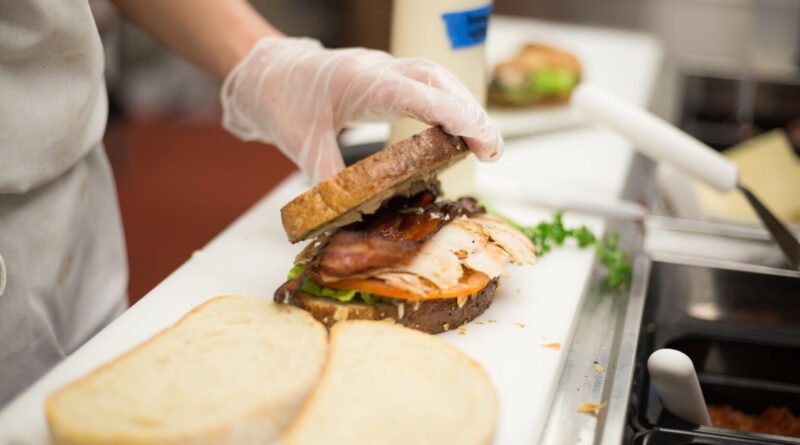Bayer to Remove Glyphosate From Lawn and Garden Products
German chemical giant Bayer has announced it will remove glyphosate — the active ingredient in Roundup — from all of its lawn and garden products in the U.S. by 2023. At a glance, the news is a great relief for public health advocates as researchers have identified connections between exposure to glyphosate-based herbicides and a myriad of health problems.
In 2015, the World Health Organization’s International Agency for Research on Cancer classified glyphosate as “probably carcinogenic to humans.” In August 2018, Dewayne Johnson, a school groundskeeper, won a landmark verdict finding that Roundup caused his non-Hodgkin’s lymphoma. This marked the first verdict against Monsanto, now Bayer, after the pharmaceutical giant acquired Monsanto in 2018 for $63 billion.
In September 2020, Bayer settled thousands of U.S. Roundup weedkiller lawsuits as part of an $11 billion settlement over allegations that its herbicide caused cancer. In the beginning of Austust Bayer said it would book an additional $4.5 billion to cover litigation alleging its weedkiller Roundup can cause cancer.
“While Bayer’s action to remove glyphosate from lawn and garden products will protect the company from future lawsuits of this kind, it does not sufficiently protect public health. Industrial agriculture continues to use glyphosate on wheat, oats, beans, and other crops only days prior to harvest (known as pre-harvest crop desiccation), leaving toxic residues on our food and creating a host of environmental harms. We need to see a fundamental shift in how chemical companies approach risk. It’s not just what they may lose from legal action, but what we all lose from threats to public health and environmental degradation.”
Christy Spees, As You Sow’s environmental health program manager
As You Sow has engaged a range of major food companies asking them to prohibit suppliers from continuing this risky practice of pre-harvest desiccation of food crops with glyphosate. In 2019, Kellogg agreed to remove glyphosate from its entire supply chain, and General Mills and PepsiCo have committed to advancing regenerative farming practices, which can reduce pesticide use, protect public health, and improve the environment.
“While removing glyphosate from lawn and garden products is a good outcome, we cannot afford to underestimate the threats of this toxic chemical to our food system,”“We encourage Bayer and other chemical companies to remove glyphosate from all of its products to avoid risk to their customers — and investors.”
Christy Spees
As You Sow is a nonprofit organization that promotes environmental and social corporate responsibility through shareholder advocacy, coalition building and innovative legal strategies.




